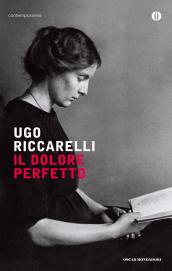
Il dolore perfetto
Ugo Riccarelli
Il dolore perfetto: Realistico e fantastico, epico e quotidiano, questo romanzo è opera-mondo, il mondo che un tempo era e di cui noi oggi siamo figli - È da un sud remoto, da una Sapri ancora fresca delle utopie e delle ferite del Risorgimento che arriva a Colle, in Toscana, il Maestro Un giovane anarchico meridionale riservato, severo, che emigra da una civiltà contadina arcaica e immobile verso un'altra apparentemente identica: presto, però, questo giovane uomo animato dalla fede nell'utopia si rende conto che "certo, i contadini e la povera gente qui erano povera gente come dalle sue parti, ma i volti erano meno spigolosi, le facce più aperte al sorriso, quasi che la bellezza del paesaggio, la dolcezza dei poggi che digradavano verso una pianura tenera come bambagia avesse mitigato anche i suoi abitanti, avesse spalancato loro la porta della vita" È in questo luogo reale e fiabesco insieme che il Maestro unisce la sua vita a quella della vedova Bartoli - che gli darà tanti figli, segnati da nomi emblematici come Ideale, Mikhail, Libertà e Cafiero e che lo sosterrà con il suo amore anche quando verrà il tempo della lotta, della fuga, dell'esilio -, ed è in questo luogo che si svolgono le vicende della famiglia Bertorelli, i commercianti di maiali che da generazioni portano i nomi degli eroi dei poemi omerici e leggono l'Iliade e l'Odissea la sera attorno al fuoco oppure nelle aie e nei cortili, "i bimbi e le donne in religioso silenzio a immaginarsi battaglie e guerrieri, dèi e ciclopi" Different and there are many plot threads are woven from these passions, from these families: from Tuscany to Switzerland up to the East, by the gunfire of Bava Beccaris at the end of World War II, the Socialist dream as that of the perpetual motion machine, the indomitable and unforgettable characters of this saga through the entire history of Italy, that the perfect pain shows us through the perspective of a microcosm poetically rebuilt in every detail and beautifully described Is not the history of politics, of course, of the treaties and of the major events, but the big events are all there And not described for what it was but for what it did-male, usually-to people Rebellions, wars, the heroics, the massacres, epidemics and famines, the relentless voice of history sometimes overlaps the noise of stories: but only sometimes, because they are the stories that count, the alternation of generations, births, deaths, betrayals, dreams, deceptions and reconciliations And also the apparitions, the mysteries, ghosts, what you can't explain
Prodotto fuori catalogo
Dettagli Libro
- Titolo: Il dolore perfetto
- Autore: Ugo Riccarelli
- Curatore:
- Traduttore:
- Illustratore:
- Editore: Mondadori
- Collana: OSCAR CONTEMPORANEA
- Data di Pubblicazione: 2012
- Pagine: 336
- Formato:
- ISBN: 9788804606246
- Bambini e ragazzi - Narrativa
Libri che ti potrebbero interessare
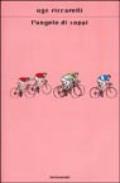
L'angelo di Coppi
Ugo Riccarelli
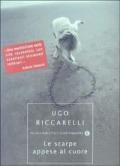
Le scarpe appese al cuore
Ugo Riccarelli
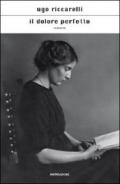
Il dolore perfetto
Ugo Riccarelli

L'angelo di Coppi
Ugo Riccarelli
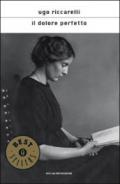
Dolore perfetto (Il)
Ugo Riccarelli
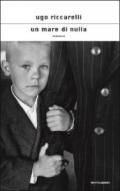
Un mare di nulla
Ugo Riccarelli
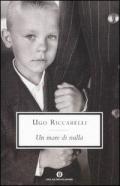
Un mare di nulla
Ugo Riccarelli
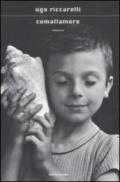
Comallamore
Ugo Riccarelli

Comallamore
Ugo Riccarelli
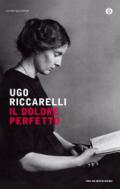
Il dolore perfetto
Ugo Riccarelli

Le scarpe appese al cuore
Ugo Riccarelli
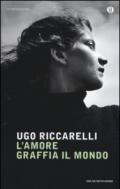
L'amore graffia il mondo
Ugo Riccarelli






